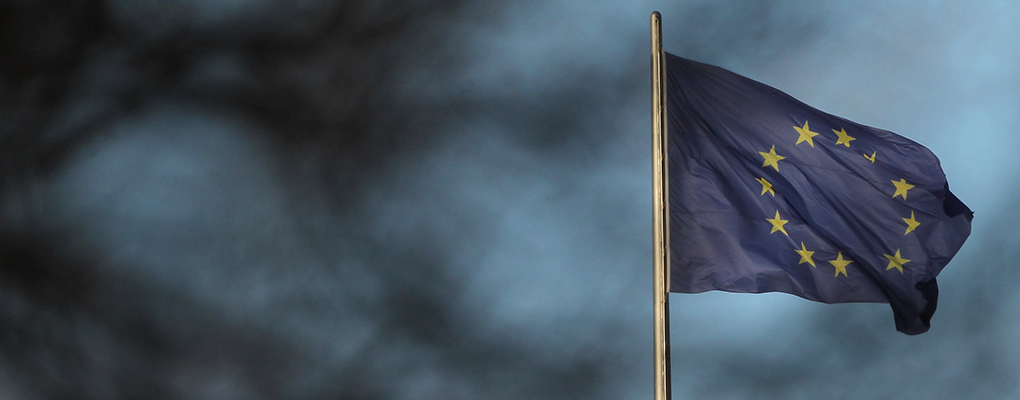
The euro area recovery has stalled after its three biggest economies saw reported low or no growth in the second quarter, as investors continue to pull out of Europe and the deepening crisis in Ukraine casts a shadow on the region’s markets.
In a surprising report from the German statistics agency, Destatis, GDP shrank 0.2 percent, more than economists forecast, after a negative balance of imports and exports, and a significant drop in construction sent growth reeling. Adding to this, foreign trade and investment was also weak.
The slowdown in Europe’s growth engine follows a strong first quarter where a mild winter had pushed production back to earlier in the year and caused the economy to grow 0.7 percent. Similarly, data from the French national statistics bureau Insee showed that the country’s economy stagnated during the second quarter of this year after stalling in the first.
30 percent of global investors said that the 12-month profit outlook is worse in Europe than in any other region
Consequently, French Finance Minister Michel Sapin said he now expects full-year growth of 0.5 percent instead of the one percent announced previously and that the government would have to scrap this year’s deficit target of four percent of economic output agreed with the European Commission. Combined with Italy’s unexpected slide into recession, pressure is mounting on the European Central Bank to expand stimulus and combat Europe’s crippling inflation, which has reached the lowest point since 2009, at 0.4 percent.
With the Crimean-crisis clouding outlook for the coming months, Europe’s status as the world’s market darling for much of 2014 largely evaporated, with more investors currently underweight European equities as sentiment on the region continues to drop, according to the BofA Merrill Lynch Fund Manager Survey.
30 percent of global investors said that the 12-month profit outlook is worse in Europe than in any other region, with sentiment falling a staggering 24 percent since July.
“We see further de-risking to come in Europe. Negativity in this month’s survey towards Europe reflects growing softness in economic data from both the core and periphery of the region,” said Manish Kabra, European equity and quantitative strategist.
The poor economic data is an indication that Europe’s economy is still very sensitive to current political unrest and that the recovery seen earlier this year has been more fragile than expected. ECB President Mario Draghi has called for countries to implement structural reforms, arguing that nations that have done so are recovering faster. Notably, Spain’s economy expanded last quarter by 0.6 percent, resulting in the highest growth since 2007 and Greece’s economy contracted at its slowest pace in almost six years.
To this end, the ECB announced an unprecedented package of stimulus measures in June, including a negative deposit rate and targeted loans for banks, but it remains to be seen whether this will be too little too late to boost the weak European economy.


